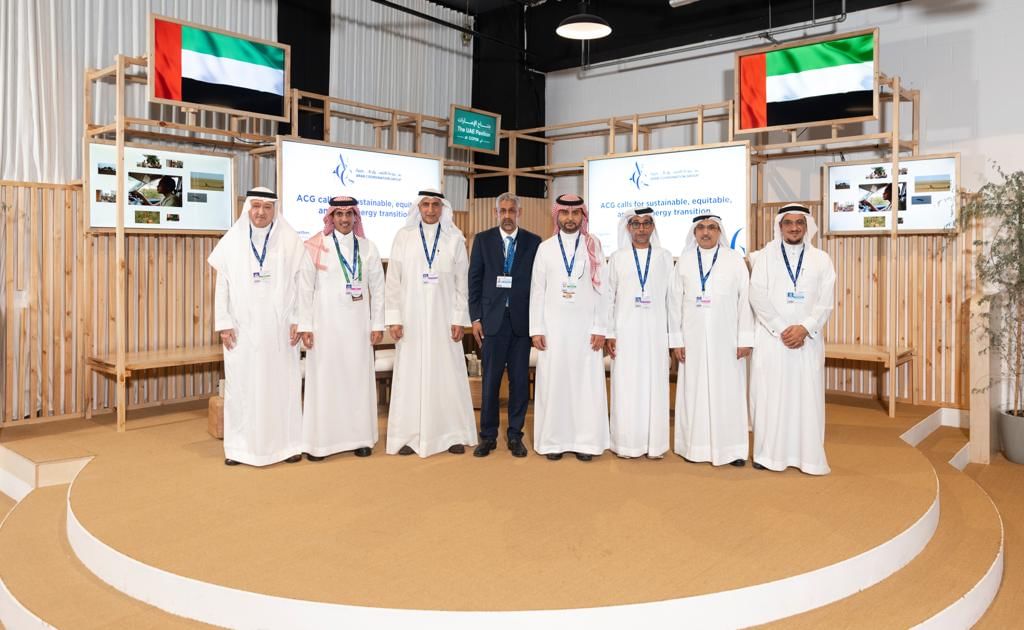Dubai, UAE–The Arab Coordination Group (ACG), a strategic alliance comprising regional and international development institutions, announced at COP28 an allocation of US$10 billion until 2030.
This funding is meant to drive a comprehensive and affordable transition to renewable energy in developing countries. The commitment is an integral part of a strategic plan encompassing seven key points designed to expedite the global shift towards clean energy sources. It further aligns with the group’s earlier pledge of US$24 billion.
The key points of the strategic plan include mobilising financial resources by increasing the use of green bonds, blended finance, and risk mitigation tools; enhancing innovation and adopting new technologies to maximise the impact on energy efficiency and storage; supporting universal access to clean energy; enhancing resilience to climate change of key sectors including food, transport, water, and urban systems; encouraging cooperation and knowledge sharing; improving workforce skills worldwide in the clean energy sector; and monitoring and evaluation of the progress and impact.
This comprehensive initiative emerges as countries participating in COP28 declare their commitment to reducing carbon emissions. It comes at a crucial juncture, following a year marred by record climate events.
The ongoing United Nations Conference on Climate Change puts a significant focus on substantially increasing climate financing and expediting the transition process. All of this unfolds as the world grapples with escalating temperatures and unprecedented natural disasters.
This commitment builds upon prior actions by the Arab Coordination Group in the realm of climate action. In 2022 alone, the group allocated approximately US$15.7 billion to nearly 500 financing operations across more than 80 countries.
These funds were directed toward addressing fundamental challenges faced by societies in developing countries, such as food insecurity and climate change. Moreover, they supported key economic sectors and facilitated international trade. Notably, in 2022, the largest share of commitments by Coordination Group members — 27 percent — was dedicated to the energy sector, followed by 27 percent to the financial sector, and 21 percent to agriculture.








